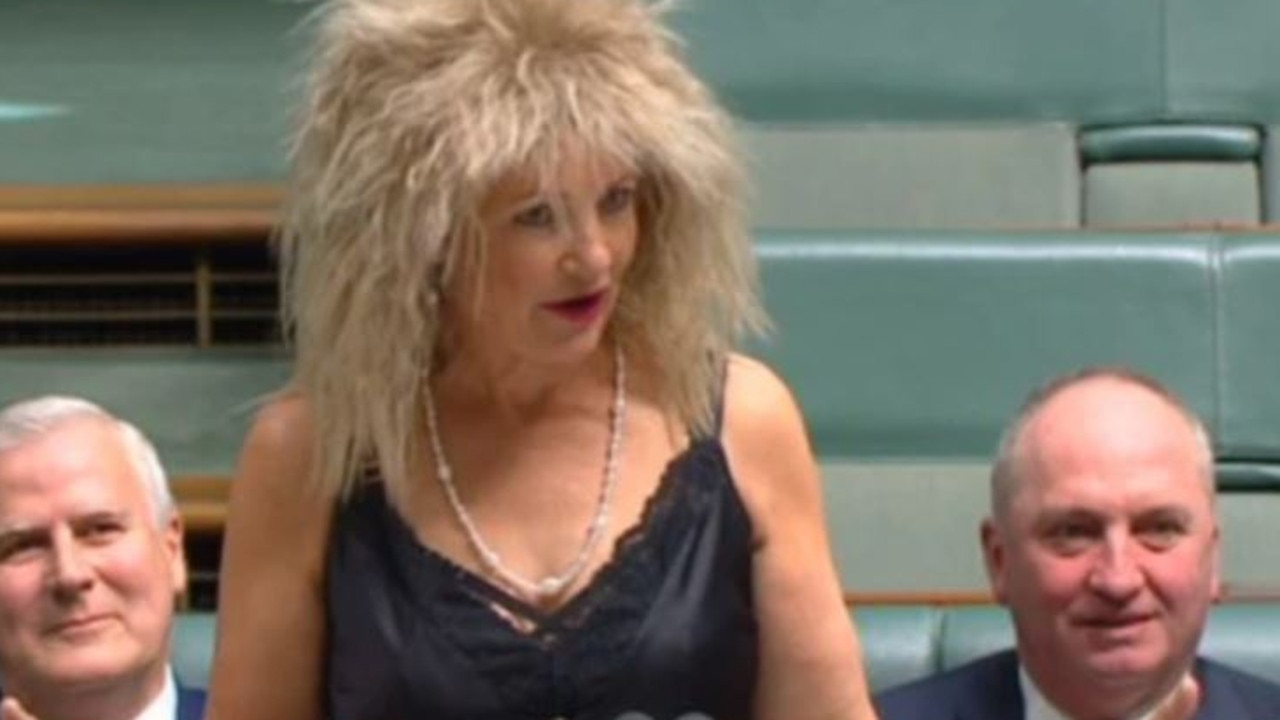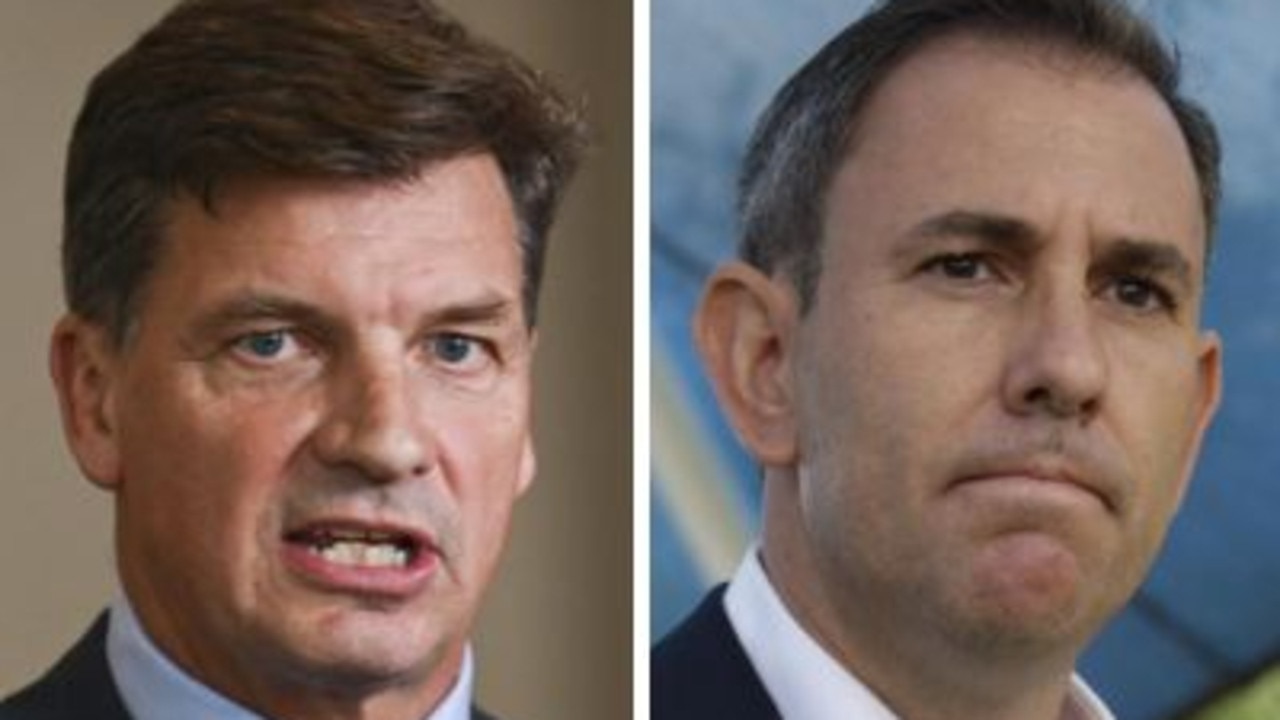Bill Shorten’s Labor leadership described as ‘terminal’
A FORMER Labor heavyweight says Bill Shorten’s days are numbered, but has the party really turned against him already?
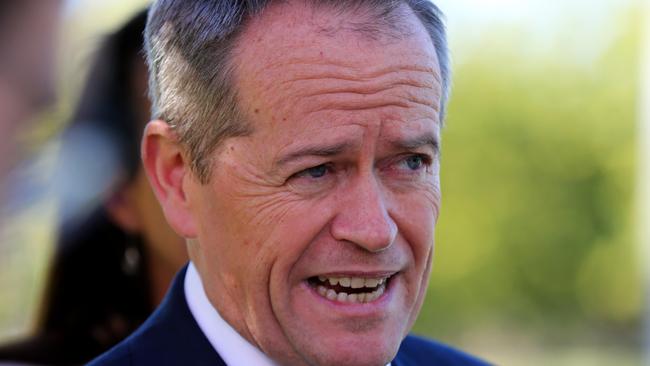
Fed Budget
Don't miss out on the headlines from Fed Budget. Followed categories will be added to My News.
A FORMER Labor heavyweight says Bill Shorten’s days are numbered, but has the party really turned against him already?
Comments published today by former NSW treasurer and union boss Michael Costa in his column in The Daily Telegraph suggested that the Opposition Leader’s leadership was “terminal”.
Mr Costa said that the Prime Minister’s delivery of a “politically clever Budget” meant Mr Shorten would not longer be able to coast into the job on the back of Mr Abbott’s woes.
“One consequence of this politically clever Budget is that Bill Shorten’s political strategy and political leadership is on a terminal trajectory,” Mr Costa wrote.
In a response provided to The Daily Telegraph, Mr Shorten accused Mr Costa of “bitter personal attacks” and his office noted that Mr Costa had backed him becoming leader in mid-2013 during the Rudd-Gillard standoff.
Mr Costa is a former Unions NSW secretary who is seen as pro-economic development, and was the architect of a failed attempt to privatise NSW’s electricity sector.
He said Labor had been “straitjacketed” by unions, the left and special interest groups as it struggled to compete with the Greens for inner city seats.
He compared Mr Shorten to former UK Labour leader Ed Miliband, who resigned after a crushing defeat at the polls this month.
“Shorten, like recently departed UK Labour leader Ed Miliband, is a creature of an out of touch and unrepresentative union movement that not only dominates the political structures of Labor but more and more forces an ideological straitjacket on Labor’s economic policy formulation,” he said.
But Dr Zareh Ghazarian, lecturer in politics at Monash University, said he did not think Mr Shorten’s leadership was in danger yet, and that the comments simply signalled a change in the political dynamic in Australia following this year’s Budget.
“This Budget appears to have changed the political landscape, now Bill Shorten has got to think of a new way of positioning himself and his party in the political debate.
“Some sections within the Labor Party would be deeply concerned that they were in an election winning position just a few weeks ago and now that seems to have changed,” Dr Ghazarian said.
“This is a rallying cry to the party and its supporters so that it doesn’t take anything for granted and is always fixed on winning the next election and is in a position to do so.”
But if the next opinion polls showed a further decline for Labor, that’s when pressure would really start to mount on Mr Shorten.
“I think that if there is a long series of bad polls, maybe two to three months worth, then his position becomes a lot more difficult, but at this stage it’s just a warning shot for him and his party.”
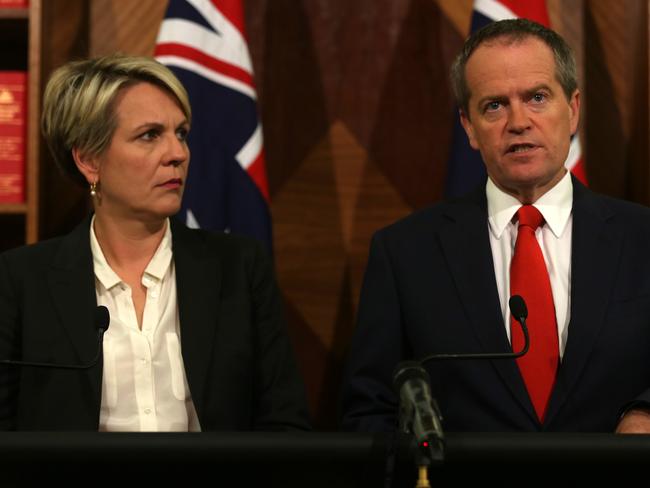
In the column Mr Costa said special-interest politics had pushed Labor further and further away from the political centre.
“The Labor left now firmly controls Labor’s policy agenda. Despite numerous warnings about the political folly in competing with the Greens on left-wing special-interest vote buying, Labor continues to sacrifice its economic credentials in the broader electorate for the diminishing hope that it can maintain its presence in the inner city,” Mr Costa said.
Mr Shorten’s failure to deal with Australia’s deficit and debt burden had shattered Labor’s economic credibility, Mr Costa argued.
“The only way Labor can compete with the political centre is to adopt a policy stance that is moderately socially progressive and fundamentally economically rational.”
But Dr Lindy Edwards of the University of NSW, said that the suggestion that Mr Shorten would lose his leadership because he was too far to the left, was “fanciful”.
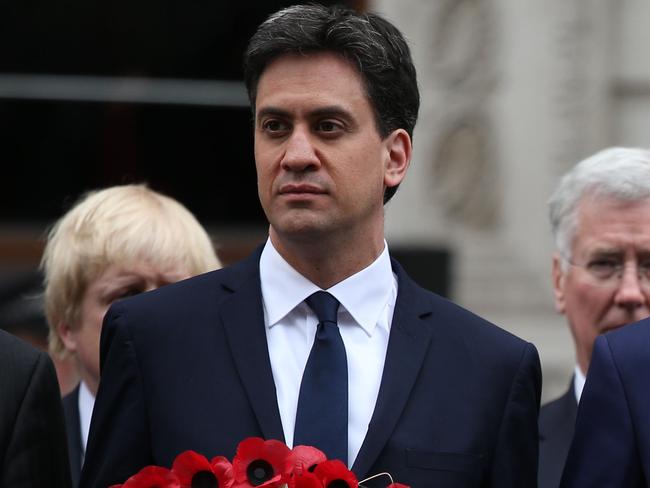
“The leadership is voted on by party members and they are probably more left of centre than voters,” Dr Edwards said.
“I think what we are really seeing here is ideological jostling within the Labor party.
“The Abbott government spent the first year in self-destruct mode and it was okay for Labor to sit quietly, but now there’s some evidence the government has found its footing and there needs to be a genuine conversation about what a Labor government would look like.”
Dr Edwards said that when it came to issues such as the redistribution of funds from rich to poor and support for education and health, there seemed to be a general consensus about Labor’s position, but on issues such as the party’s relationship to race, gender, discrimination and big business, the party’s policy flip-flopped all over the place.
“Mr Costa is taking advantage of a vulnerable moment for Mr Shorten, when there has been a Labour loss in the UK and the Prime Minister’s support has strengthen in the polls, to try and move him towards a more economic rationalist position, on the Labor right.”
Originally published as Bill Shorten’s Labor leadership described as ‘terminal’

